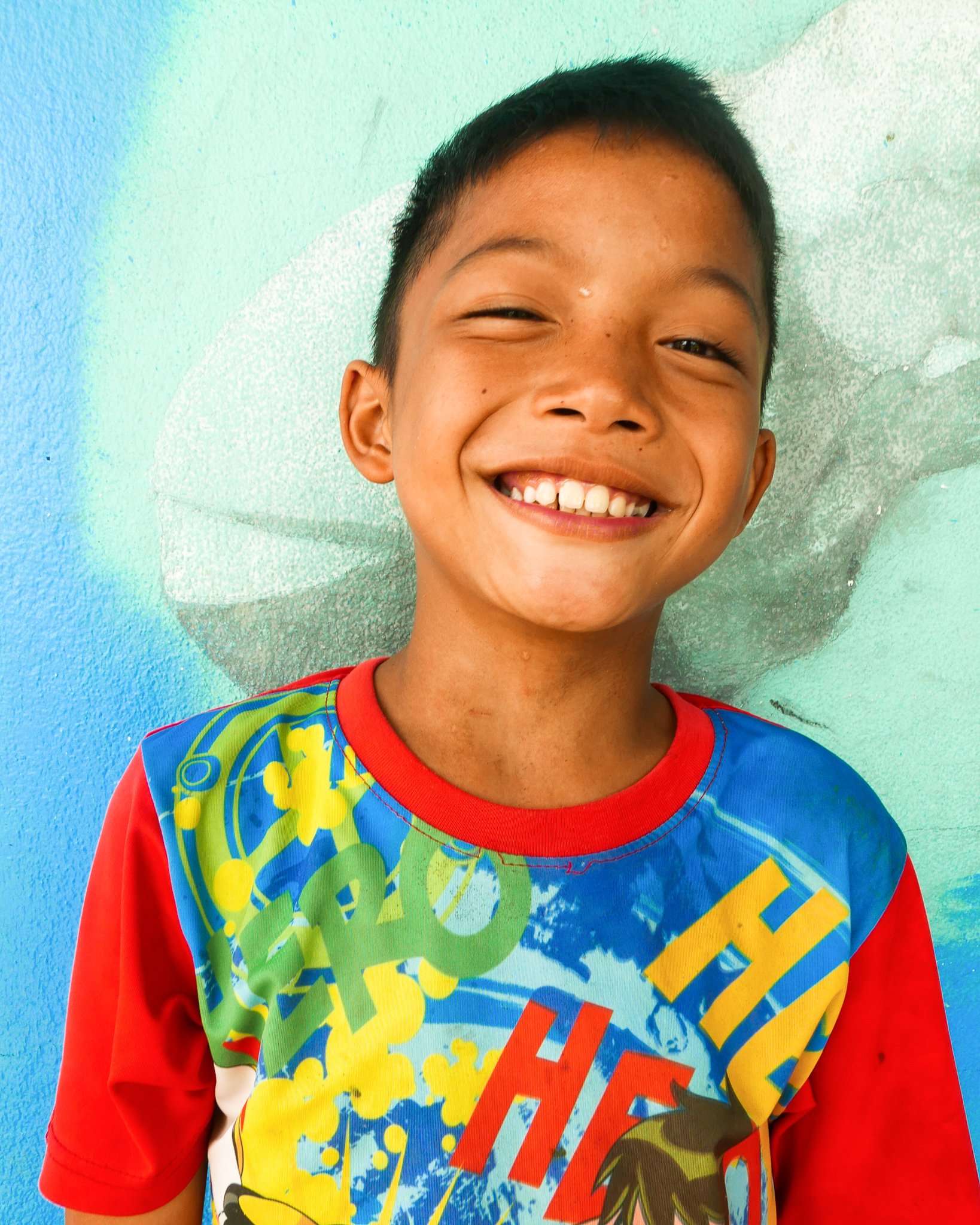Globally consumed at the rate of two billion cups a day, coffee is the world’s second most traded commodity. The market pressures that result from this high demand can push producers to commit labor rights abuses as severe as human trafficking. This is a concern especially in regions affected by poverty, where vulnerable communities are more susceptible to exploitation. In order to minimize human rights violations within this industry, it is up to us, the consumers, to demand products that hail from a fair, transparent supply chain. We have the power and responsibility to hold enterprises accountable and call for a shift in labor practices.
That’s why I’m leading the Conscious Coffee Project. Sponsored by the Anti-Trafficking Coalition at Berkeley, Conscious Coffee is an effort to foster a supportive network of cafes near the UC Berkeley campus that sell ethically sourced coffee. We will feature this network on a website and app geared toward students, both of which will serve as informational tools while operating through a financial incentive– users who frequently shop within the network can earn rewards like a free cup of coffee from their favorite cafe
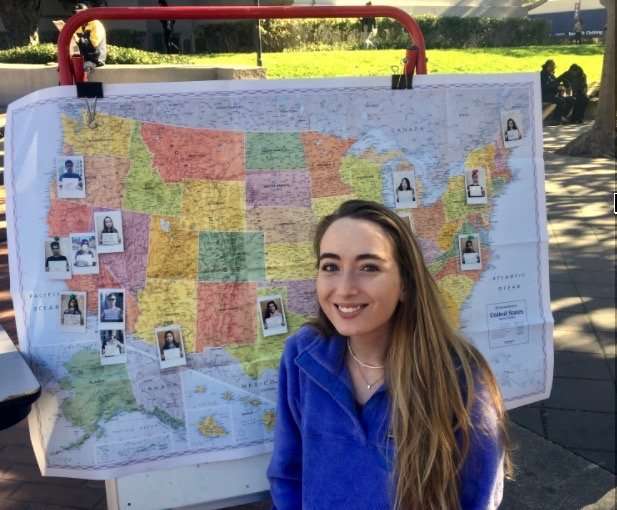
Because human trafficking is such a huge, complex phenomenon, it can be difficult to figure out how to work toward its eradication in a meaningful way. My internship at Not For Sale this semester has taught me that it is not enough to throw money at a cause, trying to fix the problem after the damage has already been done. We must seek innovative solutions to prevent vulnerability to exploitative situations from taking root in the first place. As consumers and changemakers, our voices and minds are integral to the abolition movement. Together, through entrepreneurship, innovation, and technology, let’s stand up for our values and make a sustainable impact!
Long is Not For Sale
Long was born in 2004. His father died when he was young and his mother remarried. His stepfather was a violent man, often beating Long and his mother and smashing furniture. Long ran away from home and lived on the streets for several years. When NFS Vietnam partners...
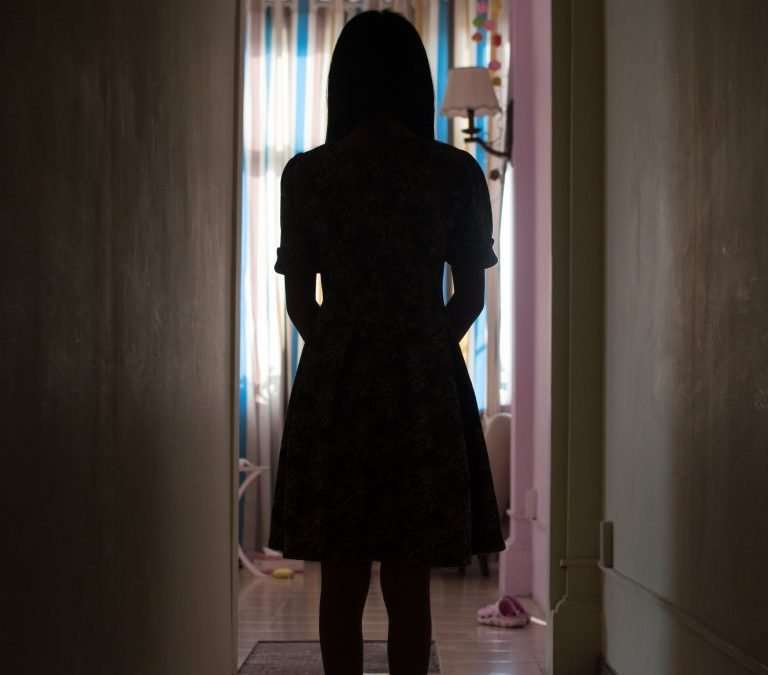
Impossible
We thought that Lan was dead. Her last call to the Blue Dragon Rescue Team late one night in March 2020 delivered a chilling message. Please say sorry to my family. Tell them I love them, but death would be better than one more day of this. Lan was 26. She had been...
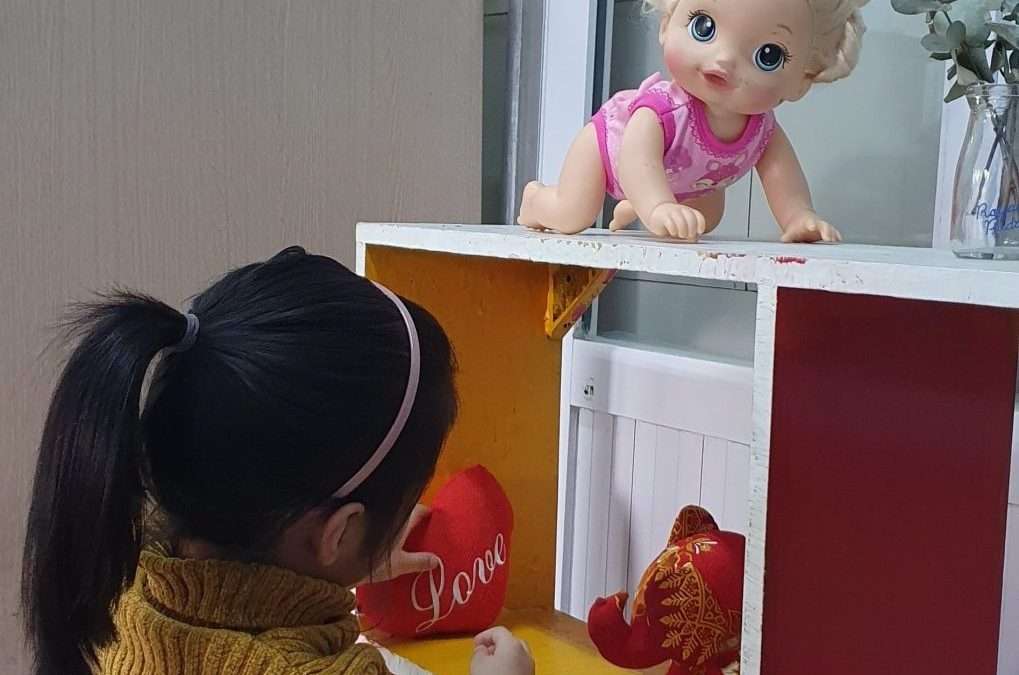
The Pinky Friend
Mai is seven years old, and has always lived in fear. Her mother loves Mai and her younger brother and sister very much, but their home is dominated by their grandmother, whose violence has ruled their lives since birth. Their mother is powerless to protect the three...
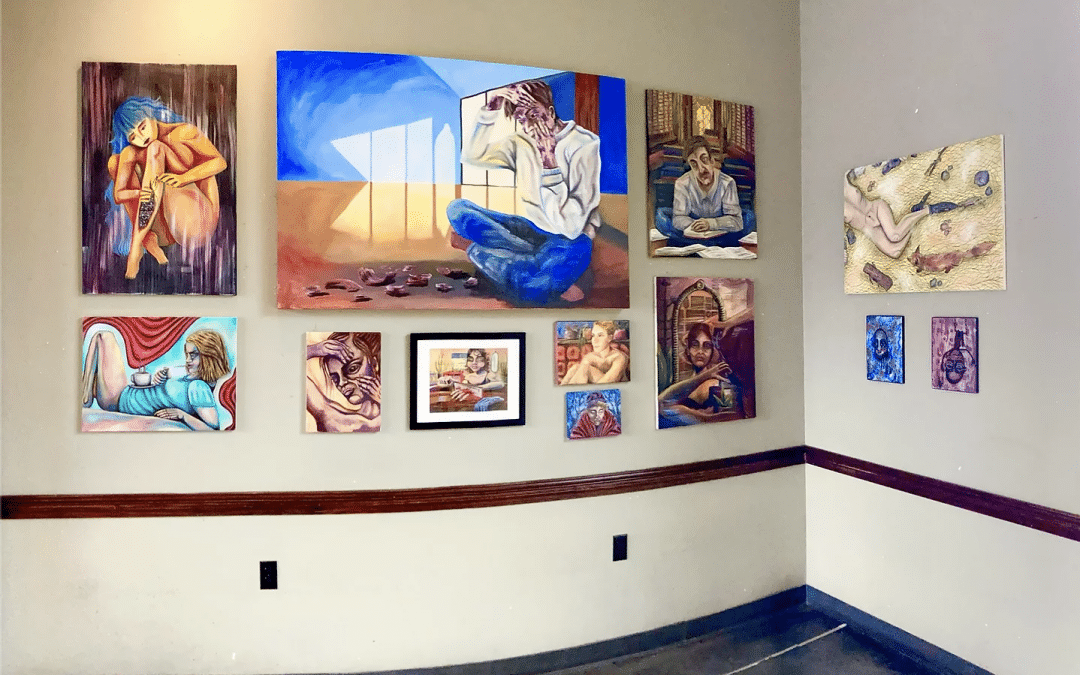
COPING MECHANISMS
“What kind of painting do you do?” That is equally the most daunting and exciting question I am frequently asked as an artist. How can I quickly and impactfully explain that my large paintings depicting nudity, death, pain, self-harm and sorrow are not some kind of...

Behind the story
The first time I saw him, Tan was standing alone on a street staring into nothing. He was down the road from the Blue Dragon centre (Not For Sale Vietnam partners), and everything about him signaled a child in distress. His face showed no expression; his shoulders...

Leap to freedom
Hoa was not yet 17 when she was trafficked. How it happened is a very familiar story. She was facing hard times. Someone she knew offered to help. She left home thinking she was on her way to start a new job, only to find it was a trick. What happened next is even...

